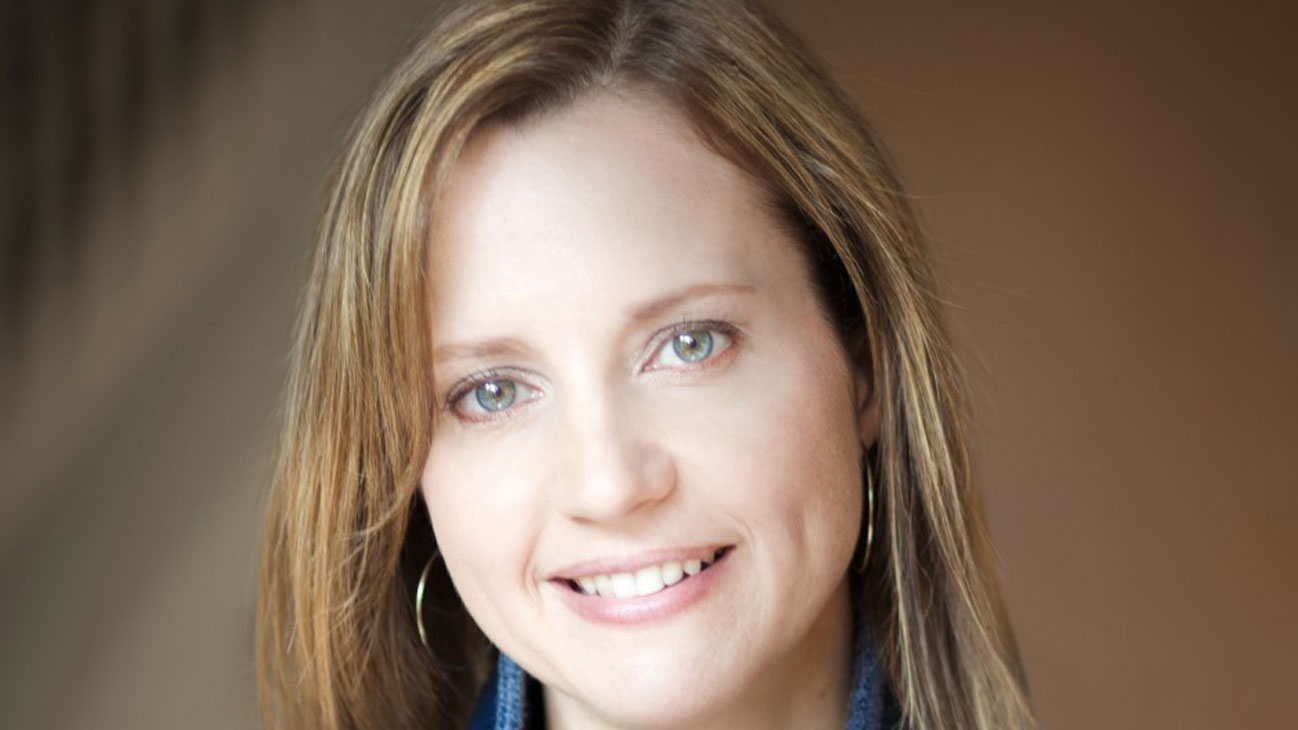The Regina Leader Post attended a talk on Tuesday featuring Dr. Samantha Nutt, a medical doctor and the founder and executive director of War Child Canada:
Samantha Nutt doesn’t believe the next frontier of humanitarian work in war-torn countries needs more doctors, engineers or social workers.
Instead, it needs more lawyers.
On Tuesday, Nutt, a medical doctor in Toronto and founder and executive director of War Child Canada, spoke to about 100 members of the Canadian Bar Association’s Regina branch as a continuation of Law Day celebrated on April 17 and to recognize the 31st anniversary of the Canadian Charter of Rights and Freedoms.
Nutt admits the title of her presentation — Why the world needs more lawyers — can, at first glance, be seen as tongue in cheek.
But having spent more than two decades as a front-line humanitarian worker in places like the Sudan, Sierra Leone, Liberia, Somalia, Iraq, Afghanistan, Somalia, Darfur, northern Uganda and the Democratic Republic of Congo, her message had a more serious tone.
Nutt explained what these conflicts have in common is that they are often perpetuated by “criminal gangs” where the goal isn’t victory but rather maintaining the status quo of chaos. Civilians, especially women and children, become “the direct target,” she said.
This is why more legal professionals — lawyers, judges and paralegals — are needed to provide access to justice and uphold and defend rights and the rule of law.
“If you look at a places like eastern Congo where rape is widespread, there are very few mechanisms for people to actually seek justice (and) for young girls and women to actually prosecute offenders and see their crimes tried,” she said.
“One of the things you quickly realize is that you can treat people’s concerns, their medical problems, and then you send them back out again and they suffer the same fate all over again. So, until you’re investing in that climate of accountability, until you’re creating opportunities for people to seek legal redress, you really are not able to break that cycle, which leaves people existing in a very lawless environment.”
She also encouraged the legal professionals in the room to get involved as a donor but also as experts in law that can help with training opportunities.
In the Congo, Nutt’s organization has been trying to train legal professionals and set up a legal infrastructure. It took her about 10 years in northern Uganda to put a similar system in place, with recent signs of success.
“In the past two years, we have brought 700 cases forward to prosecution,” she said.
Kylie Head, vice-president of the Canadian Bar Association Regina branch, said the organization wanted someone to speak at this year’s event that could “really speak to human rights,” and Nutt fit that profile.
“We think that people in Canada are really fortunate in the circumstances in which we live, and we need to make sure that people are aware of the circumstances that other people really face,” she said.

